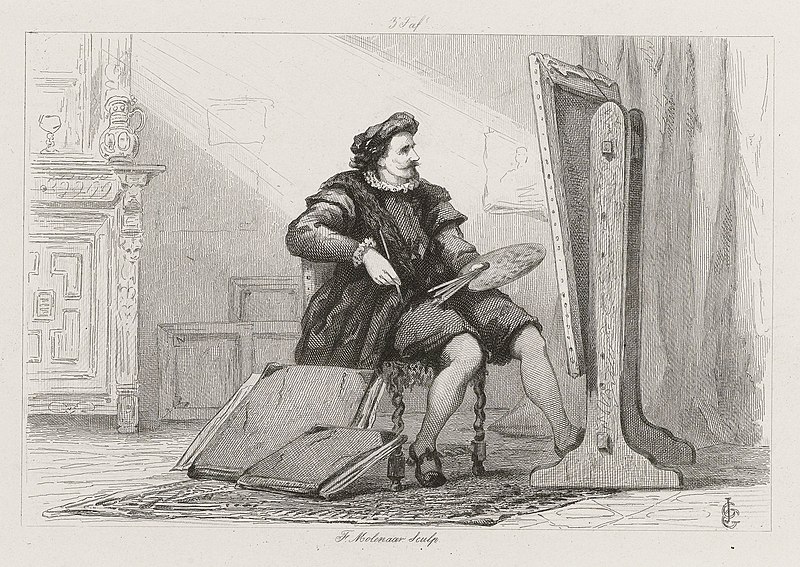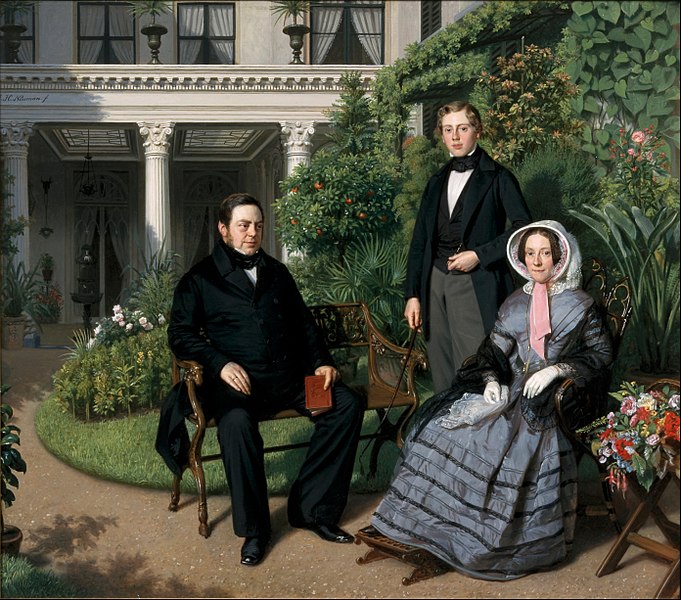
There was an artist once, and he painted a picture. Other artists had colours richer and rare, and painted more notable pictures. He painted his with one colour, there was a wonderful red glow on it; and the people went up and down, saying, ‘We like the picture, we like the glow.’
The other artists came and said, ‘Where does he get his colour from?’ They asked him; and he smiled and said, ‘I cannot tell you’; and worked on with his head bent low.
And one went to the far East and bought costly pigments, and made a rare colour and painted, but after a time the picture faded. Another read in the old books, and made a colour rich and rare, but when he had put it on the picture it was dead.
But the artist painted on. Always the work got redder and redder, and the artist grew whiter and whiter. At last one day they found him dead before his picture, and they took him up to bury him. The other men looked about in all the pots and crucibles, but they found nothing they had not.
And when they undressed him to put his grave-clothes on him, they found above his left breast the mark of a wound — it was an old, old wound, that must have been there all his life, for the edges were old and hardened; but Death, who seals all things, had drawn the edges together, and closed it up.
And they buried him. And still the people went about saying, ‘Where did he find his colour from?’ And it came to pass that after a while the artist was forgotten — but his work lived.
— Olive Schreiner, Dreams, 1891



